Earlier this month, we gathered. Alone in our backyards, out in the streets with neighbors, in city parks, on library patios. We came bearing punctured sheets of paper and spaghetti strainers. We let the leaves do their magic, casting shadows. We put our faith in thin film held in place by cardboard, inhaling deeply and hoping these were enough to protect our vision while we stared at the sun.
As the sky darkened and the air cooled, birds quieted in mid-afternoon.
How could anyone, in an earlier time before eclipses were understood or predictable, not have wondered if the world was ending, if they had angered gods somehow?
Our semi-feral outdoor cat lay in the garden, basking in the sun — sans eye protection — until she felt it time to turn her back to it, then slink into the bushes for cover.
And then, the birds grew more active again. The light returned.
You did not have to travel hours to experience awe.
You never need to do that.
The next morning, as I thought about this, I quickly learned that others were on the same wavelength: what if everyone who’d been so rapt by the magic of the solar eclipse held this sense of fascination, awe, and respect for nature every single day?
I was reminded of the saying that “Earth Day is every day” — a sentiment few seem to embody, but maybe more will this year as they hear it put to them another way:
Are we going to remember, now, how to live?
Will we now tell the excited-to-get-back-to-normal-capitalists that we’ve had enough of their twisted experiment and that we would rather enjoy the sheer miracle of being alive?
Dr. Elizabeth Sawin, and many others, did answer the question she posed on social media:
The Biomimicry Institute put this another way:
The full caption reads:
“Today, millions will look to the sky and find themselves in the cosmos. A total solar eclipse. A galactic event so rare for our eyes to witness. We hope you can catch a safe glimpse with gratitude and reverence.
Afterwards, what if you took the same amount of time to focus on the land around you? The trees that break the horizon, or waters that flow to a planetary ocean? Remember, you are nature too, connected to all of it.
Kneel down. Better yet, lay down. Feel the support of the earth. Feel your breath, your body. Imagine the incalculable events that take place inside you and on this planet every moment of every day. Feel them fill up not only sight, but all of your senses. Imagine a microscope, and see the building blocks of nature.
What if we devoted as much focus to these events as we do rare events like today’s total eclipse? What if we took their lessons as inspiration for our next idea? What kind of future could we have?”
This year, the first night of Passover falls on Earth Day. While helping friends to create the haggadah they will be using for a community seder, I found myself drawn in particular to two themes or ideas:
- enoughness
- not committing vandalism against nature
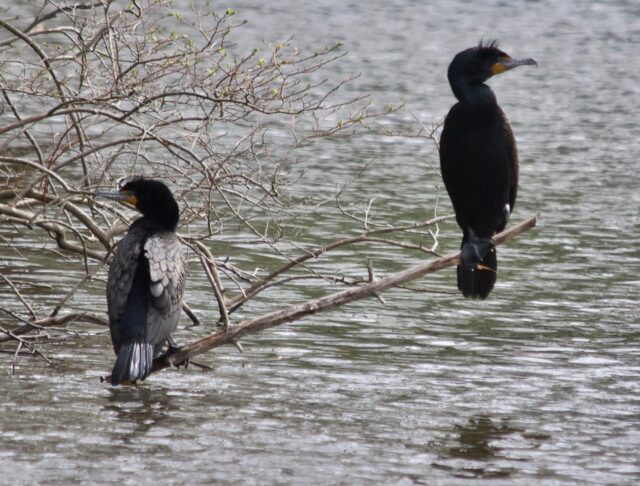
So many of our problems would be solved if people adjusted their ideas of what it means to have enough.
There is enough space for us all, therefore, no need for any one “nation” to claim ownership of a land. You can’t own the land.
There is enough energy for us all, therefore, no need to wage wars over access to it.

To understand that we have enough, we must hold gratitude for what exists.
And, we need to respect it.
We have enough water if we don’t waste it by pumping it up onto golf courses, through sprinkler systems that continue to run during rainstorms. We have enough water if we do not contaminate her with microplastics, with firefighting foam filled with PFAs, with all the crap that drips out of cars and then washes off pavement and into streams. We have enough energy if we do not waste it.
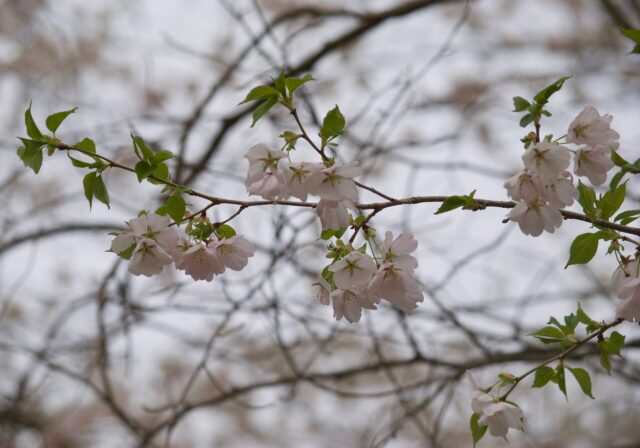
The Climate Possibilities series aims to draw attention to the ways that we can and do act as if we understand, deeply, the value of our home planet. As it evolves, pieces will be published as desired and needed. Today, as the series is born again, I want to leave you thinking about how to tap into the awe ot totality: what do you do with that sense of magic, connection, and mystery?
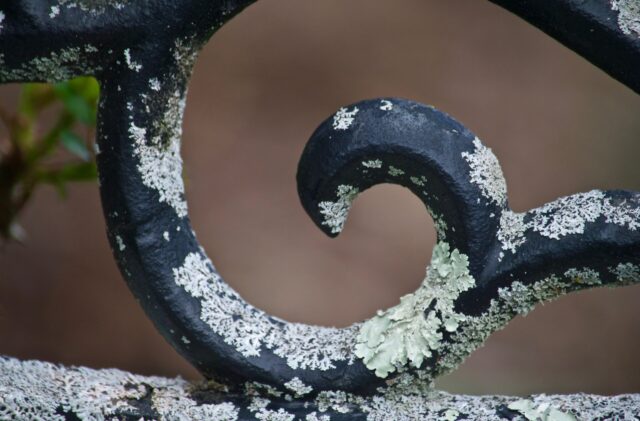
1. Drive Less
Today is the start of the CTrides Drive Less Climate Challenge. Tomorrow, I will offer a reason to do it, but today, take a challenge within in a challenge: begin without needing all the facts and reasons. Go to their website to get more details, download their app, and start tracking all the trips you make that involve better choices: riding public transportation, walking/rolling, cycling, scootering, carpooling, and telecommuting. The challenge goes through May 31, 2024.
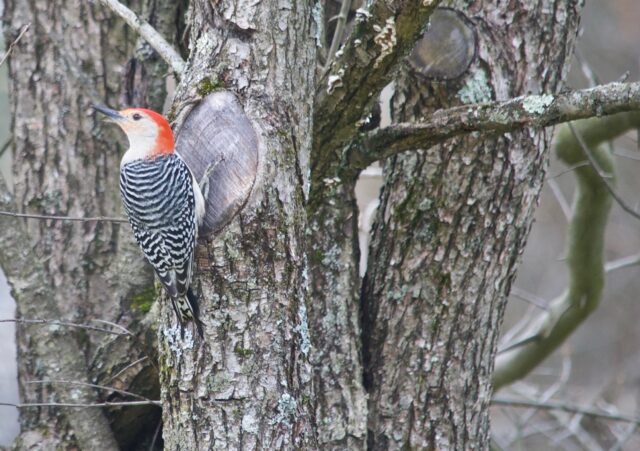
2. Reuse/Upcycle Eclipse Glasses
If you are not planning to save your eclipse glasses for the next one and they’re sitting around, destined for the trash can, find another way to give them use. The Maritime Aquarium in Norwalk is collecting them through the end of April; these will be passed along to Astronomers Without Borders and redistributed to people in different parts of the world who would not have the opportunity themselves to safely view an eclipse otherwise. Nearby, Eco Evolution is collecting them for use in an art project, which may be a more appropriate place for yours to go if they’ve gotten banged up and might not be 100% safe for another person to use as glasses.
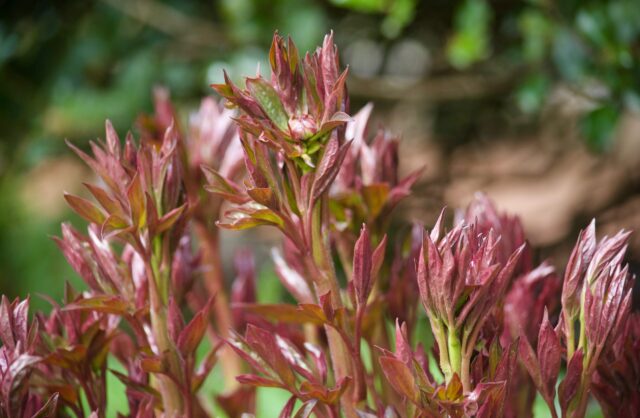
3. Plant seeds, plant trees
Today at Hartford’s City Hall — 4:30-7 PM — residents can stop by to pick up free seedlings and more at the Bulbs and Bulbs celebration.
There are two ways for Hartford residents to get free trees. One is to participate in the City of Hartford’s program and request one, which means they ultimately make the selection but also do the work of planting and maintaining it for a few years. Another option is to use the Arbor Day Tree Giveaway program that offers free trees for Hartford, Waterbury, and Windham residents. Although it says the deadline passed, the application appears to still be working. Here, you have more of a vote over what type of tree/shrub you get, and through the program can find one that is the right fit for your space. I hear a lot of grumbling about tree planting from folks who just are not educated and assume that every tree can and will grow as tall as the oak that has been standing, menacingly, over their house, creaking every time the wind blows. Many of the options given are included specifically because they won’t reach power line height. If considering this option, get your request in now before they shut off the form; tree pickup in Hartford will be on May 9, 2024.
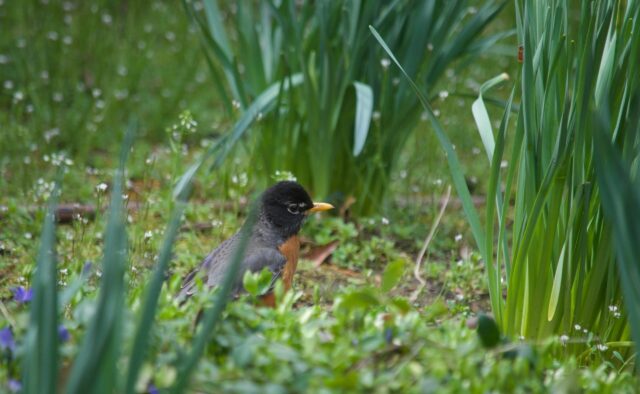
4. Ask Your Local Coffee Shop to Get Carried Away
Although it is not a brand new idea, the only place I have seen doing this in Connecticut is Sound Coffee in Bridgeport: providing customers with free reusable mugs that they can carry away. They can also bring them back. It is not unlike the way some stores will provide reusable bags for customers. It helps those who cannot afford the reusable option and removes an excuse for those who are forgetful.
If the plan was to only have coffee out on the patio, not run a marathon with an open container, this works as well as a throwaway cup; once a few sips have been taken out, it’s easy enough to keep walking with it. You certainly don’t require a lid when transporting beverages around your home, do you?
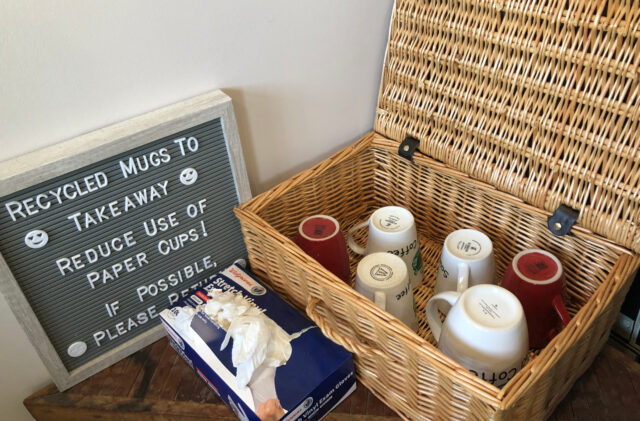
5. Walk in the Park
Remember how with a sense of amazement that you quit working in the middle of the day so you could look skyward during the new moon phase, watching as the Moon floated between Earth and Sun? While the daffodils in your local park may not compete with that level of awe, you can develop this muscle by practicing frequent, if not daily, appreciation for the smaller and still wondrous things. That any of this exists at all is mind blowing. Once you are able to harness that idea, you will be drawn to respecting and protecting that with which you have fallen in love.

Start anywhere and come back to read more in this Climate Possibilities series.
Happy Earth Day!

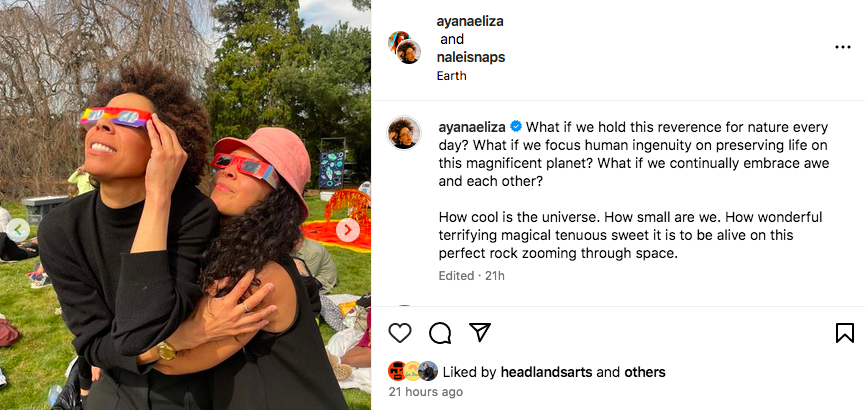

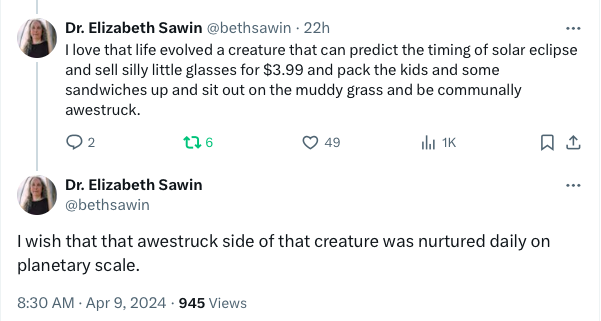
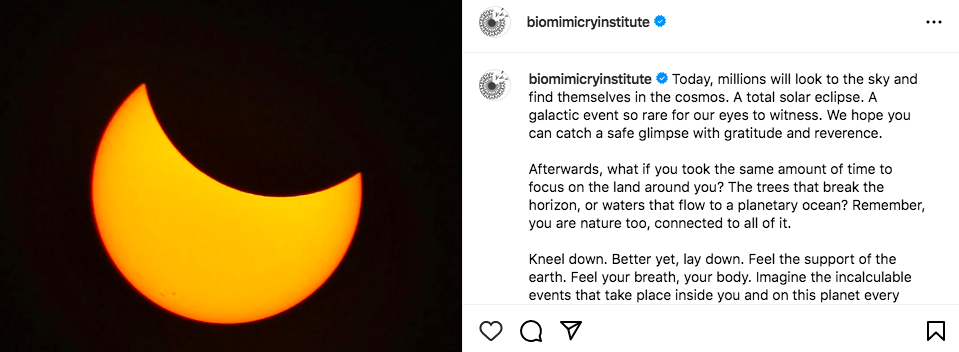

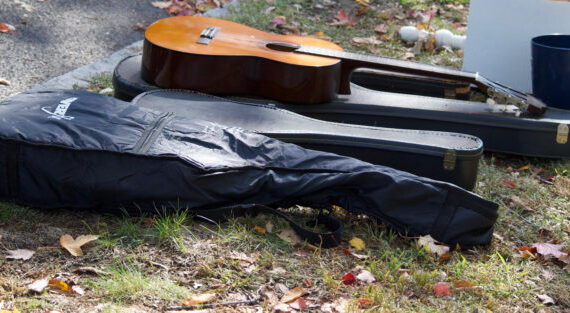
Drive Less CT Climate Challenge: Week One – Real Hartford
[…] annual CTrides Drive Less CT Climate Challenge began yesterday. I promised to give a reason for people to participate, so here it […]